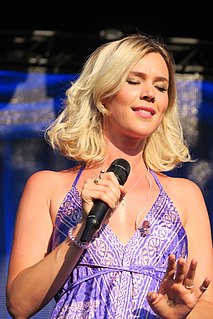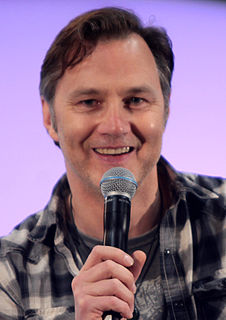A Quote by Peter Singer
In the sense that you're not at the centre of power, like a president or prime minister of a major power, everyone is marginalised; my position doesn't isn't unique in that respect. I think there are different sorts of relevance in different contexts.
Related Quotes
There are some issues where ministers should come and talk to the prime minister, if the prime minister hasn't already talked to them. Any issue which a minister thinks is going to be profoundly controversial, where we do not have a clear existing position, it is important that there be a conversation between the minister and the prime minister. I think they all understand that and I think it is working very well.
The Carlyle Group is the most politically connected investment firm in the world. The company has mastered the art of influence peddling on a global scale, hiring executives and consultants ranging from Republican power broker James Baker and former president George Herbert Walker Bush to foreign leaders like former British prime minister John Major and former Philippine president Fidel Ramos.
I think everyone understands grief, the journey it takes us on, whether it's the death of a loved one, the end of a relationship, a disappointment. Some people don't deal with it, the power of it. Some do. Some feel the weight of it and it informs their choices. I've had to open up to grief in different contexts.
There are four different kinds of power in a communication: position power (the CEO talking to her direct reports), emotion power (passion sometimes rules the day), expertise (people often listen to the most knowledgeable person in the room), and conversational power (the subtlest, this is the ability to direct the conversation through body language).
I was a very senior minister in the Howard government and I sat around this particular table [in the prime ministerial office] in many discussions. The difference between being a senior minister and the prime minister is that ultimately the buck does stop with the prime minister and in the end the prime minister has to make those critical judgement calls and that's the big difference.
My position on the issue of homosexuality is no different from the position of the Anglican Church and all the major denominations around the world. I know that it's different from the secular culture in the western world, but it's no different from the teaching of the church globally. We're Christians basically.








































